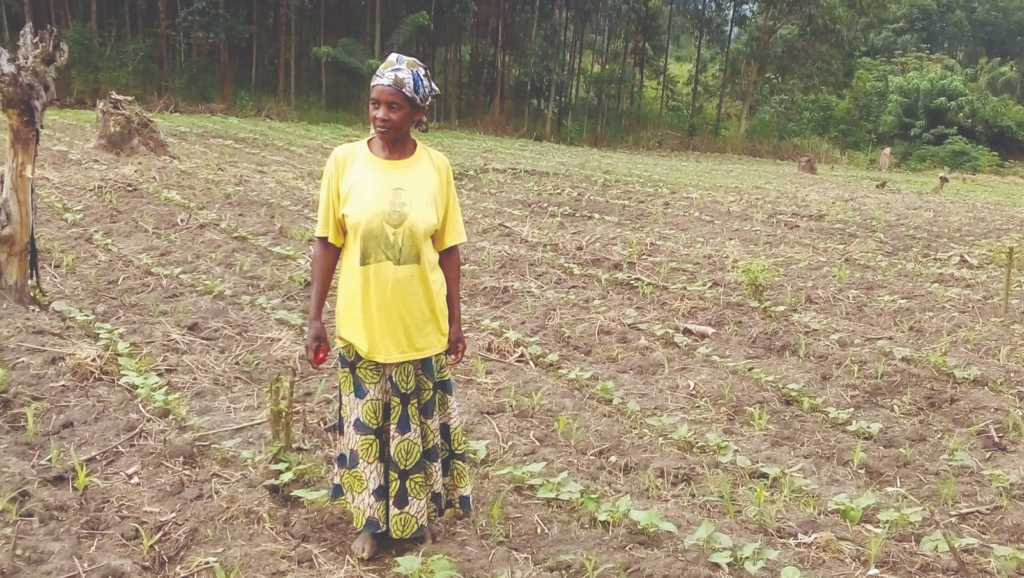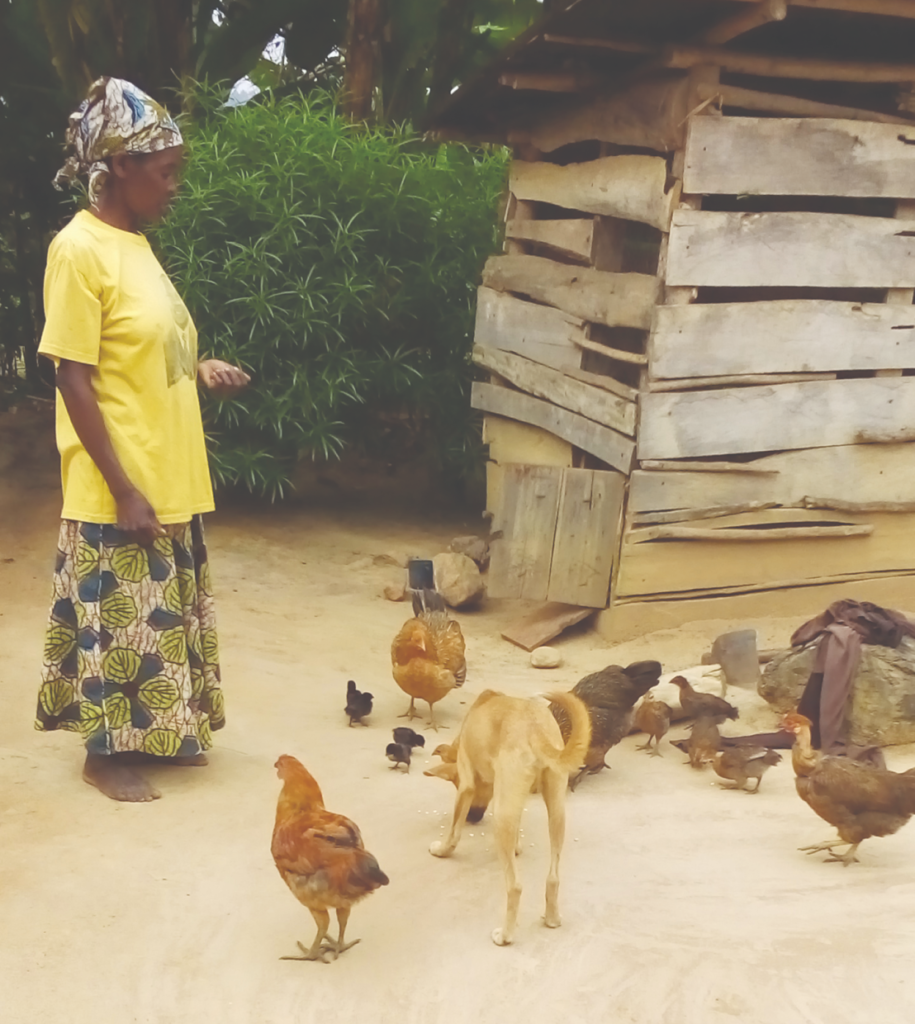When Grandma Takes Charge

In the quiet neighborhood of Kigando village, we find Mrs. Jane, a soft spoken 57-year-old widow looking after her three orphaned grandchildren. She is the treasurer of the agricultural livestock group and a member of the Kigando village local council.
When we first met two years ago, Jane was worried about feeding her family. The traditional farming methods she knew resulted in poor yields, leaving the family hungry and malnourished. To meet their basic dietary needs, her sparse income was consistently spent almost entirely on food.
Shortly after, Jane was introduced to RTV project activities that were in her community. She became involved in agricultural training, livestock care and management, WASH training, financial literacy, and learned more about gender roles.
The skills and knowledge she gained quickly become a part of her daily life. Jane was able to not only improve her own agricultural production and quality of life, but also that of her entire community—especially the women of Kigando village.
Two years later, almost every household in Kigando village adopted improved agriculture practices, resulting in increased production, food security, and improved household income. There’s also significant improvement in general hygiene and sanitation as every household now possesses a pit latrine and hand washing facility.
Mrs. Jane was only getting started. By utilizing funds from her Village Savings and Loan Association (VSLA) , and from the sales of beans and ground nuts she was able to harvest, Jane purchased a goat and started a chicken project. Her yields continued to improve, resulting in more sales allowing her to pay for her grandchildren’s school fees and supplies while adding to her VSLA savings account.


